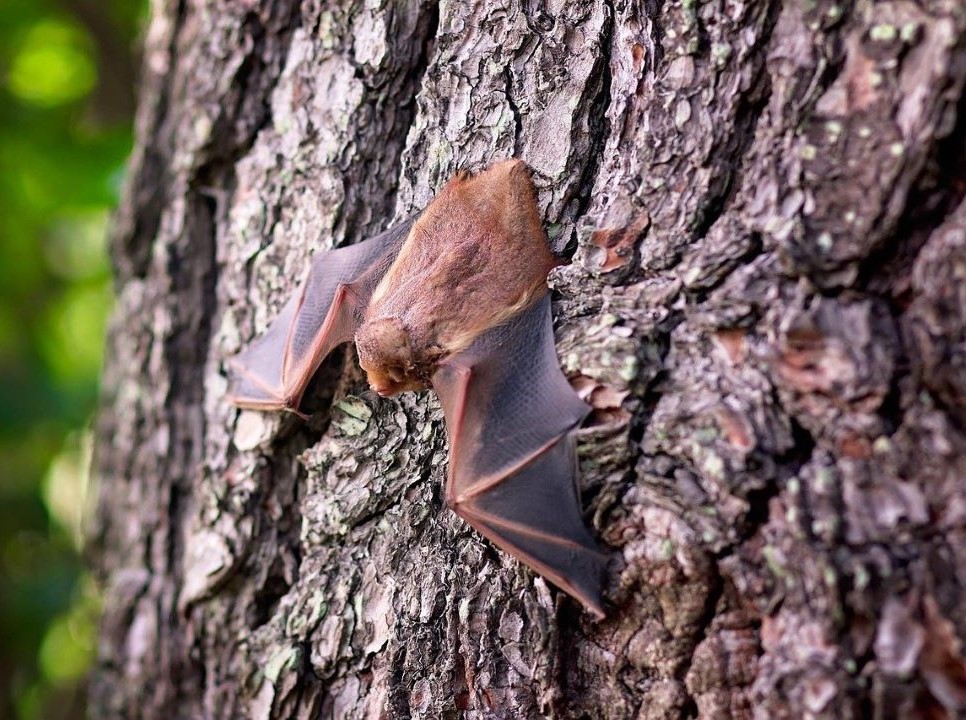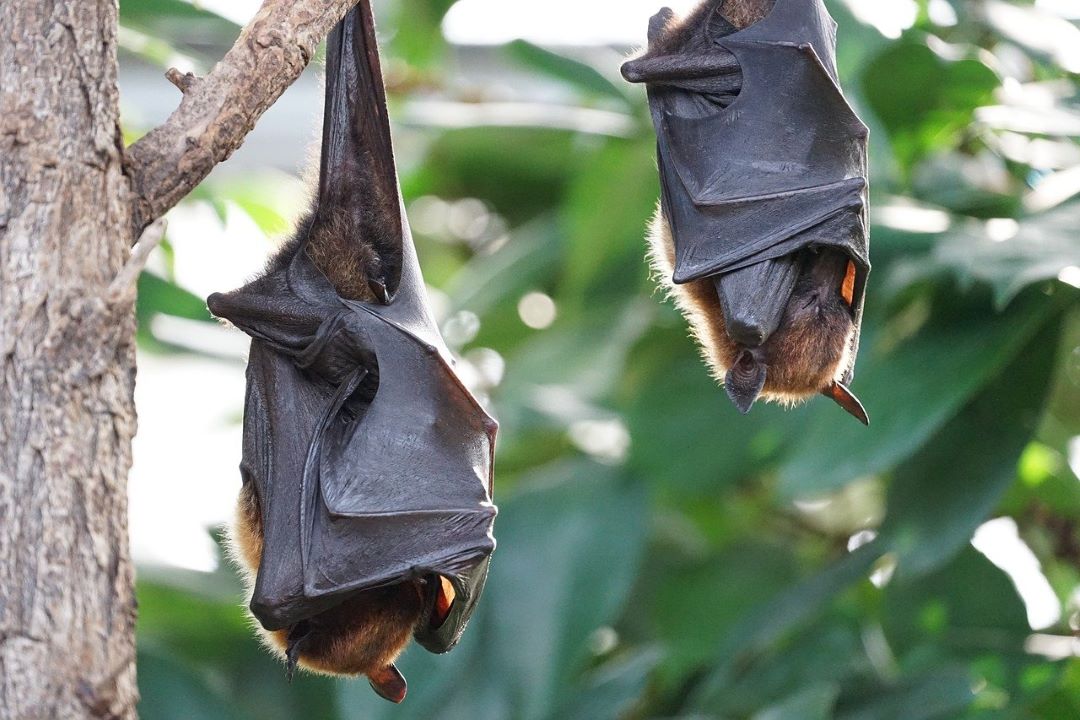In the twentieth century, rising greenhouse gas emissions have made southern China a place that provides ideal conditions for bats’ settlement, which are potential coronavirus carriers to humans. According to a new study, climate change has helped forest growth and the relocation of several bat species to the sites where SARS-CoV-2 was first identified.
Southern China Climate Changes
According to a study published on ScienceDirect, the climate changes that brought about the planet-warming during the twentieth century, climatologists encountered extensive vegetation changes in the southern Chinese provinces. Shrub vegetation has turned into a tropical savannah and forests, creating an ideal environment for many bat species that live predominantly in forests.

The number of coronaviruses in this area is very closely related to the number of different bat species. The study found that another 40 bat species are carrying about 100 other coronaviruses. The bats have moved to the southern Chinese province of Yunnan in the last century. The research says that Covid-19 can potentially be transmitted to humans. According to previous analyzes, the SARS-CoV-2 coronavirus probably appeared in this area for the first time.
Bats as Coronaviruses Carriers
Bats carry around 3,000 different types of coronaviruses worldwide. Fortunately, the vast majority of coronaviruses transmitted by bats cannot jump on humans. However, several coronavirus types are likely to infect humans from bats, including SARS CoV-1 and SARS CoV-2.

If the number of bats in a certain region of the world increases significantly, the probability of the presence, transmission, or development of human coronavirus is logically increased. According to some hypotheses, pangolins living in the same areas as bats could be intermediate to the SARS-CoV-2 virus hosts.
Source: https://www.sciencedirect.com/science/article/pii/S0048969721004812?via%3Dihub, featured image by alobenda from Pixabay















